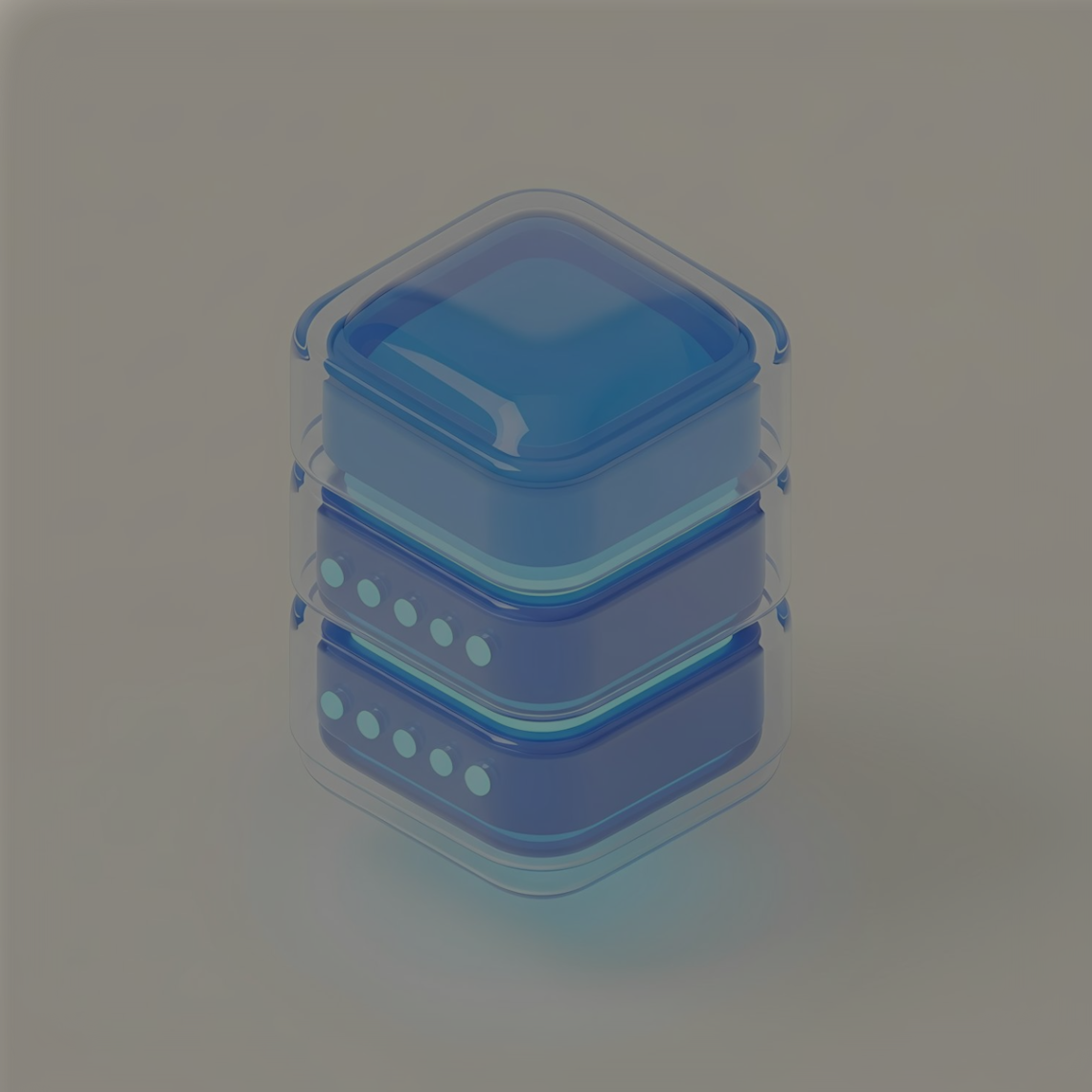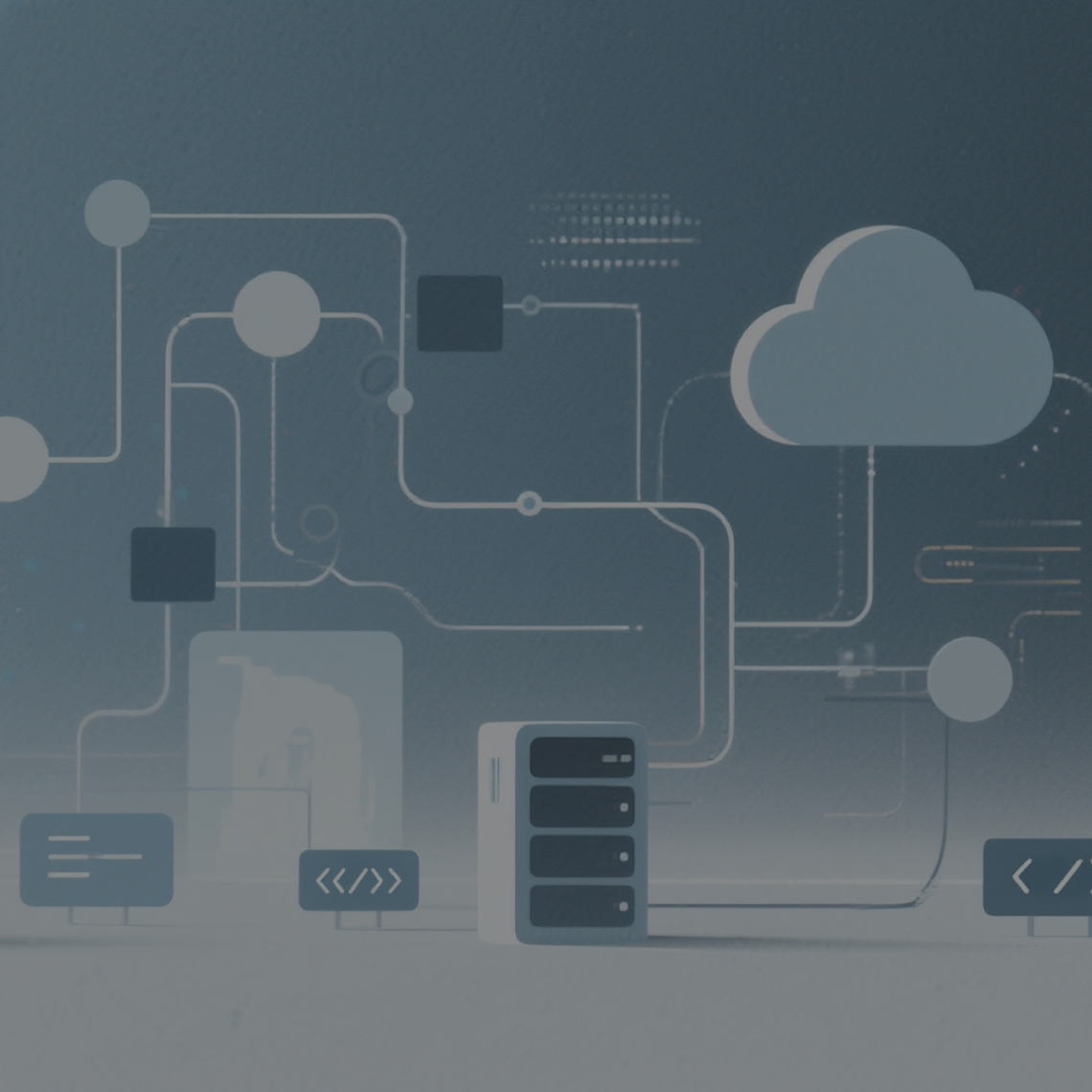Agentic AI is transforming the game for global organizations, expanding possibilities and reimagining the potential of artificial intelligence. And it’s evolving faster than anyone expected, which means good news for big business. A recent survey released by PagerDuty found that 62% of companies expect ROIs of more than 100% on agentic AI, just like they experienced with generative AI.
Adoption is surging, particularly in the U.S., where more than half of organizations are exploring how to best deploy AI agents to elevate their business. And by 2027, 86% of companies expect to be operational with AI agents. AI sceptics have voiced concerns about the future of the workplace, with the fear that global organizations are embracing agentic AI above human input, but as Ginny Rometty, former CEO of IBM, explains, AI is one of the greatest equalizers for employees. “Some people call this artificial intelligence, but the reality is this technology will enhance us. So instead of artificial intelligence, I think we’ll augment our intelligence.” In short, agentic AI isn’t about replacing human expertise; it’s about amplifying it.
Innovative tech leaders are leveraging Agentic AI to do more than just save time; they're using it to revolutionize productivity. By taking on repetitive, menial tasks, Agentic AI frees their teams to tackle what truly counts, like solving complex challenges, driving strategic initiatives, and making a lasting impact.
The question isn’t whether to adopt agentic AI, it’s how quickly you can pivot your talent strategies and infrastructure to leverage its incredible potential. The first wave of agentic AI has already landed, and we’re starting to see just how much it can reshape industries in real-time.
Recent research offers valuable insights into this shift, including:
- How quickly companies are adopting agentic AI
- The most common and effective use cases across industries
- The challenges organizations face when integrating this groundbreaking tech
It’s time to dig into the data, understand what’s driving this AI revolution, and figure out how your organization can overcome any hurdles to adopting this game-changing tech.
This Isn't Just AI ... It’s AI With Purpose
Agentic AI is not only pushing boundaries, it’s redefining them. According to Deloitte, “as its name suggests, agentic AI has ‘agency’: the ability to act, and to choose which actions to take.” It represents the next evolution of artificial intelligence; unlike standard AI, which simply reacts to prompts, agentic AI is capable of decision making. Designed to achieve specific goals by its human creators, using precision and adaptability, it can plan actions and actually learn from its outcomes.
This is not just AI... it’s AI with purpose.
AI agents will become the primary way we interact with computers in the future. They will be able to understand our needs and preferences, and proactively help us with tasks and decision making. - Satya Nadella, CEO of Microsoft
Andela’s 2025 tech forecast predicted agentic AI would be one of the hottest trends this year, and two recent surveys seem to bear that out. According to Deloitte’s global poll of more than 2,700 enterprise organizations in 14 countries:
- 26% of organizations worldwide are exploring the development of autonomous AI agents
In the US, the level of exploration is nearly double that. Based on KPMG’s survey of 100 American enterprises:
- 51% of organizations in the US are exploring the use of AI agents
“Among all the emerging GenAI-related technological innovations, agentic AI currently appears to be capturing the most interest and attention,” Deloitte states in its report.
Deloitte also notes that in 2025, enterprises are laser-focused on scaling AI across their organizations. To do that, Deloitte says “a majority of companies are looking to agentic AI, or tools that can work independently to perform tasks and adapt in real time.”
From Admin — to Coding Mastery
In these early stages of agentic AI, enterprises are still pinning down use cases. Software coding is an important example, with Gartner predicting it will be one of the first use cases to reach maturity; GitHub, who have partnered with Andela to build innovative tech teams, is already ahead of the curve, having developed its own AI Copilot for coding.
When KPMG asked companies which use cases they plan to pursue within the next 12 months, these were the top three answers:
1) administrative duties (60% of firms)
2) call center tasks (54%)
3) development of new business materials (53%)
These early use cases may not sound like huge game changers. But according to Gartner, the simple productivity gains of automating tasks and workflows will eventually give way to deeper business benefits such as:
- the ability for AI agents to manage massive, complicated, technical projects
- improved decision making
- improved prediction capabilities
Deloitte suggests “the next phase of GenAI” entails “the development of specialized AI agents tailored to specific functions.” That’s already happening, with companies developing AI agents for very niche purposes in certain industry verticals, from healthcare to manufacturing.
Analysts predict single-agent AI will eventually evolve into multi-agent AI where various AI agents work together in a coordinated way. Looking beyond 2025, 45% Iof companies say they’re interested in developing multi-agent AI in the future.

Right now, agentic AI is like a brand-new car model on the showroom floor: it’s attracting a lot of tire-kicking, test driving, and peeking under the hood – but few vehicles have actually been driven off the lot.
- only 12% of companies in the US have deployed AI agents (KPMG)
What obstacles are getting in the way so far?
Breaking Barriers to Adoption: A Culture and a Tech Problem
While deployment figures are understandably low for any emerging technology, identifying the challenges faced by early adopters of agentic AI can help pave the way for broader, faster uptake as the technology matures.
In a Tray.ai poll of 1,045 business and technical leaders at US enterprise organizations, these were cited as the top barriers to adopting agentic AI:
1) need to upgrade current tech stack (cited by 86%)
2) data issues (79%)
3) legal and security concerns (57%)
4) integration complexity (38%)
The data conundrum is certainly a tricky one:
- 42% of enterprises say they must access eight or more data sources to deploy AI agents successfully in their company
As with the cloud and analytics trends that came before it, so much of agentic AI hinges on data.
68% of Organizations Will Invest More Than $500k Annually
Though agentic AI is still a nascent technology, 68 percent of businesses plan to spend $500,000 or more per year on developing and deploying AI agents. With spending comes the inevitable requirement to prove ROI.
“Leaders are putting real dollars behind [AI] agents, but with mounting pressure to demonstrate ROI, getting the value story right is critical,” says Steve Chase, vice-chair of AI and Digital Innovation at KPMG.
Since AI agents are so new, organizations are working out which ROI metrics are relevant to the context of their industry sectors and individual business models.
Getting Ahead of the Agentic AI Evolution
All of this research paints a very early picture of how agentic AI is progressing across industries. Here are some key takeaways:
- More than one-quarter of organizations are exploring the use of AI agents globally
- Uptake is happening faster in the US than the rest of the world
- Coding, admin duties, and call center tasks are among the most popular early use cases
- AI agents have already been developed for tailored use cases in specific industry verticals
- Nearly half of enterprises hope to deploy multi-agent AI in the future
- Data and security issues loom large as major adoption challenges
- The C-suite already feels pressure to demonstrate ROI for agentic AI spending
If this is indeed the year of agentic AI, it’s already a busy one. Does your organization have a game plan for AI agents?
Hire the Talent You Need to Lead the AI Revolution
Agentic AI is reshaping industries faster than anyone expected, and the pressure is on to adapt. Don't just keep up - lead the charge! With Andela’s private talent marketplace, you can quickly access world-class engineers, developers and AI experts who are ready to help you stay ahead of the curve. From tackling complex projects to scaling AI solutions, our skilled and verified talent enables your business to seize the full potential of agentic AI.
The next leap in innovation starts with the right team. Hire top-tier AI talent today with Andela.




.avif)



.png)










